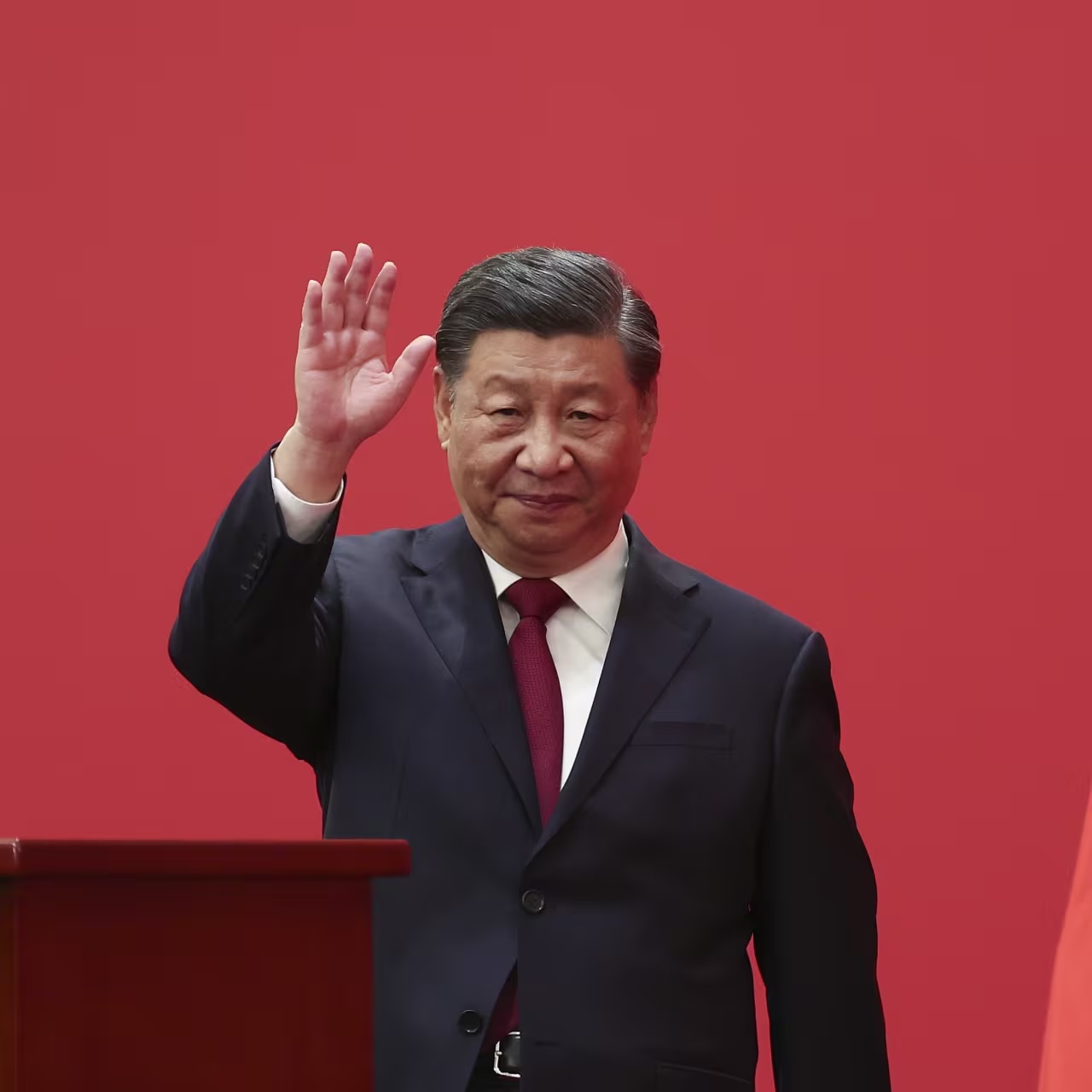The geopolitical and geoeconomic influence of China in the Mediterranean has emerged as a central topic of international analysis and debate. The Mediterranean, a region with a rich history as a commercial bridge between East and West, continues to be a critical point of strategic importance. Recognizing this dynamic, China has adopted a multidimensional approach encompassing investments, diplomacy, and strategic collaboration with the region’s states.
The Role of the Belt and Road Initiative (BRI)
The Belt and Road Initiative (BRI) represents the cornerstone of China’s foreign policy. The Mediterranean holds a crucial role in this initiative, primarily due to its geographic position connecting three continents. The Port of Piraeus, managed by Cosco, serves as a notable example. It has become one of the largest cargo hubs in Europe, enhancing the region’s connectivity with Asia.
Beyond ports, China has focused on developing railway networks and energy projects. These investments not only improve regional infrastructure but also align with China’s broader strategic goals. However, despite impressive progress, questions arise about balancing local needs with China’s strategic objectives.
Economic and Political Benefits
China seeks multiple economic and political benefits from strengthening its presence in the Mediterranean. Increased trade flows through the region’s ports and the integration of local markets into China’s global network foster dynamic economic collaboration. These developments benefit local economies by creating jobs and improving infrastructure.
However, the social acceptance of Chinese investments in the Mediterranean is a critical issue often overlooked. While infrastructure projects, such as port upgrades and new job opportunities, yield positive outcomes, local communities express concerns about dependence on China. For instance, in Greece, workers at the Port of Piraeus have voiced complaints about working conditions and the pressures stemming from new Chinese administrative policies. Such issues generate social tensions that, if left unaddressed, could undermine the long-term benefits of these investments.
At the same time, an intriguing political dimension emerges. China aims to gain greater influence in countries such as Greece and Italy, which play strategic roles both in the Mediterranean and within the European Union. While this expansion appears benign, it raises legitimate concerns about the extent of dependency these nations may develop on an external actor.
The Strategic Dimension
China’s presence in the Mediterranean is not solely economic. It has a clear strategic character that includes securing energy routes, ensuring maritime security, and expanding its influence in international organizations. China’s participation in multilateral initiatives, such as the Mediterranean Dialogue, reinforces its position as a global power.
The Mediterranean plays a critical role in global energy routes, and China seeks to ensure access to these resources. Europe’s dependence on energy supplies transiting through the region provides strategic opportunities that China aims to exploit through investments in ports, natural gas pipelines, and energy infrastructure. For example, Chinese companies participate in pipeline projects linking North Africa to Southern Europe. While these projects enhance energy security, they also raise concerns about China’s influence over the region’s critical energy resources.
Despite its strategic progress, China’s dominance over critical infrastructure prompts worries. Local governments, initially enthusiastic about economic support, often face diminished autonomy regarding resource exploitation and policy decisions.
Balancing Opportunities and Concerns
China’s penetration into the Mediterranean is not perceived uniformly by all stakeholders. While its investments provide valuable development opportunities, they also raise challenges. The lack of transparency in some agreements fosters suspicion, and the social acceptance of projects is not always guaranteed. Additionally, the potential dependence of local economies on Chinese financing may jeopardize the long-term sustainability of these partnerships.
Although China has significantly boosted infrastructure development, the absence of a comprehensive strategy on the part of Mediterranean countries could place them at a disadvantage. It is essential for states in the region to capitalize on this collaboration by setting clear boundaries and pursuing a balanced relationship.
A Complex Geopolitical Landscape
China’s expansion in the Mediterranean encapsulates elements of economic growth, geopolitical influence, and strategic cooperation. China is strengthening its presence, reshaping balances in the region and beyond. However, the success of this approach hinges on the ability of involved countries to ensure a fair and sustainable partnership. The pursuit of economic benefits must not overshadow the political and social challenges that emerge from this relationship.
China’s geopolitical strategy in the Mediterranean cannot be examined in isolation from competition with other global powers. The United States and the European Union have expressed concerns about China’s growing influence, particularly in EU member states such as Greece and Italy. Simultaneously, Russia views the region as part of its sphere of influence, further complicating the geopolitical landscape.
If Mediterranean countries fail to develop common strategies regarding Chinese investments, they risk becoming arenas of competition that could undermine their regional stability and autonomy. Despite the opportunities provided by investments in infrastructure and energy, it is crucial to ensure a balanced and transparent partnership that protects the sovereignty of Mediterranean nations and promotes the interests of local communities.The challenge lies in forging a sustainable relationship that enhances regional stability and fosters global cooperation.
Author: Ioanna Giannoula
Οι απόψεις που αναφέρονται στο κείμενο είναι προσωπικές του αρθρογράφου και δεν εκφράζουν απαραίτητα τις θέσεις του What Politics Means και της συντακτικής ομάδας.
Απαγορεύεται η αναδημοσίευση του άρθρου από άλλες ιστοσελίδες χωρίς άδεια του What Politics Means. Επιτρέπεται η αναδημοσίευση των δύο έως τριών πρώτων παραγράφων με την προσθήκη ενεργού link για την ανάγνωση της συνέχειας στο What Politics Means. Οι παραβάτες θα αντιμετωπίσουν νομικά μέτρα.
